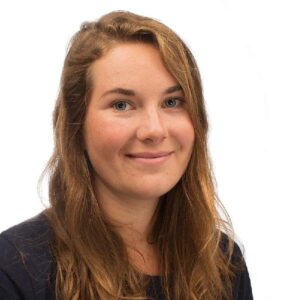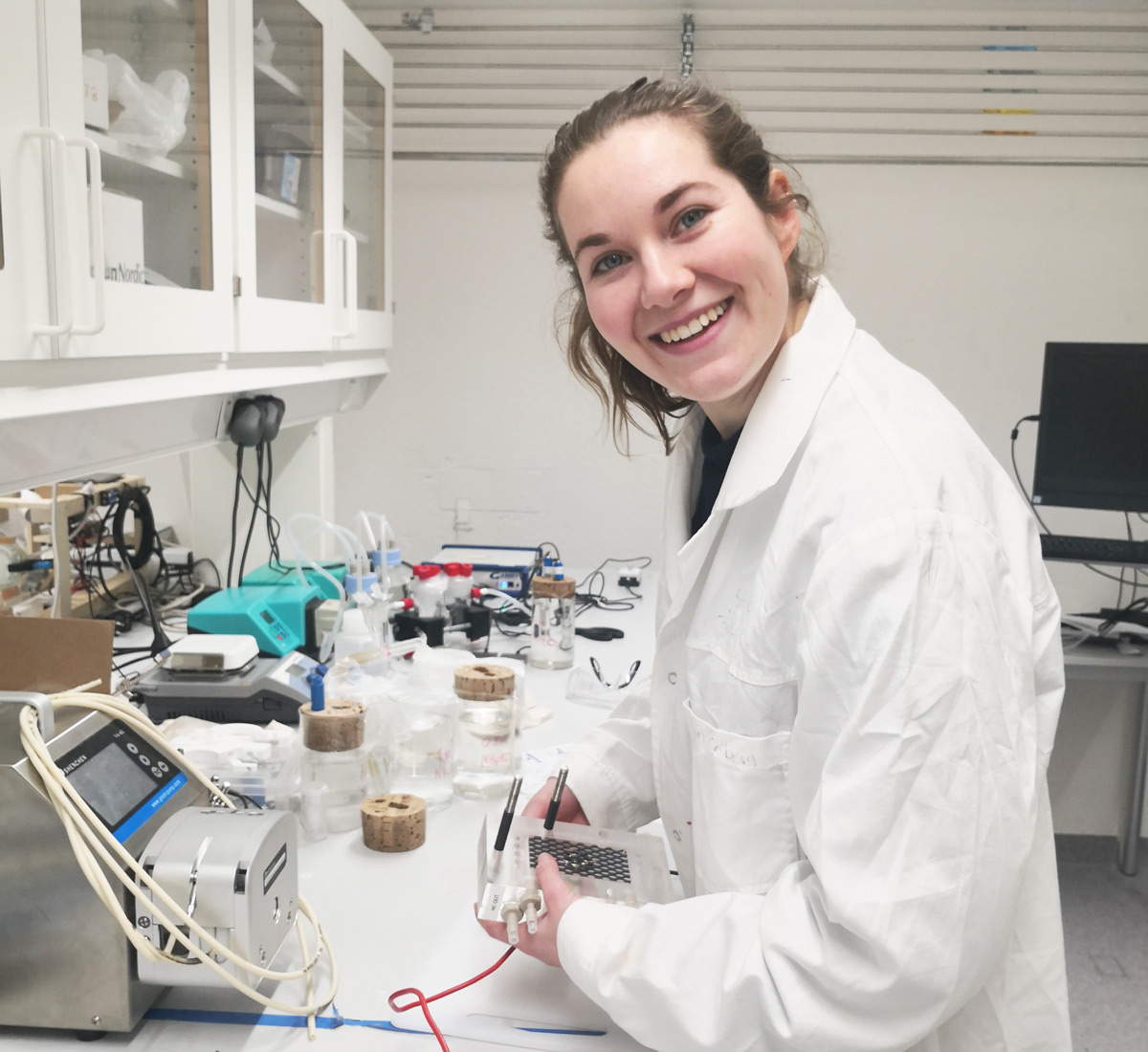We have been facing the limits of growth for a long time, and that strongly affects the availability of metals. At the same time, a lot of the metals we use come from geopolitically critical areas. Instead of exploiting new resources, we need to find more efficient ways to recycle metals.
In need of a good separation process
With current techniques it is very energy and chemical intensive to recover metals from aqueous solutions, which in some cases leads to higher cost of recycling compared to exploitation of virgin resources.
I am investigating a way to make metal production more sustainable by using an electrochemical separation method called Electrodialysis. I use it both for recovering valuable compounds, like silver, and to remove impurities, like chloride and fluoride, from process streams in metal producing plants. Electrodialysis promises to be a robust and versatile separation process that could help increasing metal recycling rates.
How will I research this?
I am mostly performing experimental work on a test rig that we designed and that was produced at the NTNU workshop. For the different applications I use different types of membranes that are selective for specific compound.
Apart from the membrane properties, I look into mass transport phenomena across the cell for optimal process design. The current density is a key factor for competitive transport of ions, and I am working on a method to determine the optimum current density for a certain application.
Metal and food: connected in ways people might not think
My research can help securing the availability of certain metals. For example palladium and platinum, two precious metals that are produced from secondary material at K.A. Rasmussen, are essential for producing catalyst. This in turn is needed for producing fertilizers, which are needed to produce enough food.
In general, the idea is to make metal production more energy efficient, less chemical intensive and more circular, counteracting the depletion of resources.
About the author

Pauline Zimmermann is a PhD Candidate at NTNU – Department of Energy and Process Engineering. Her research is affiliated with the PRICE Project (Process Industries in the Circular Economy), especially Boliden Odda and K.A. Rasmussen.


